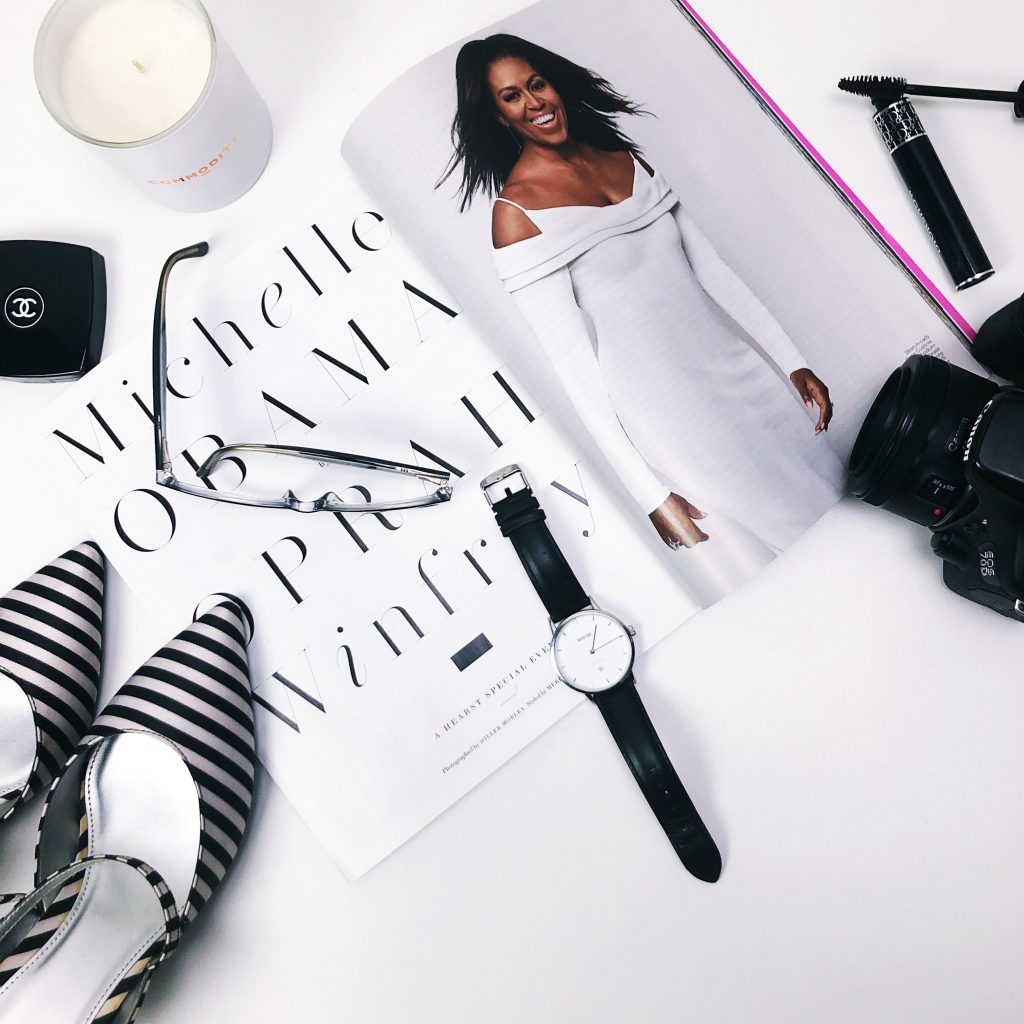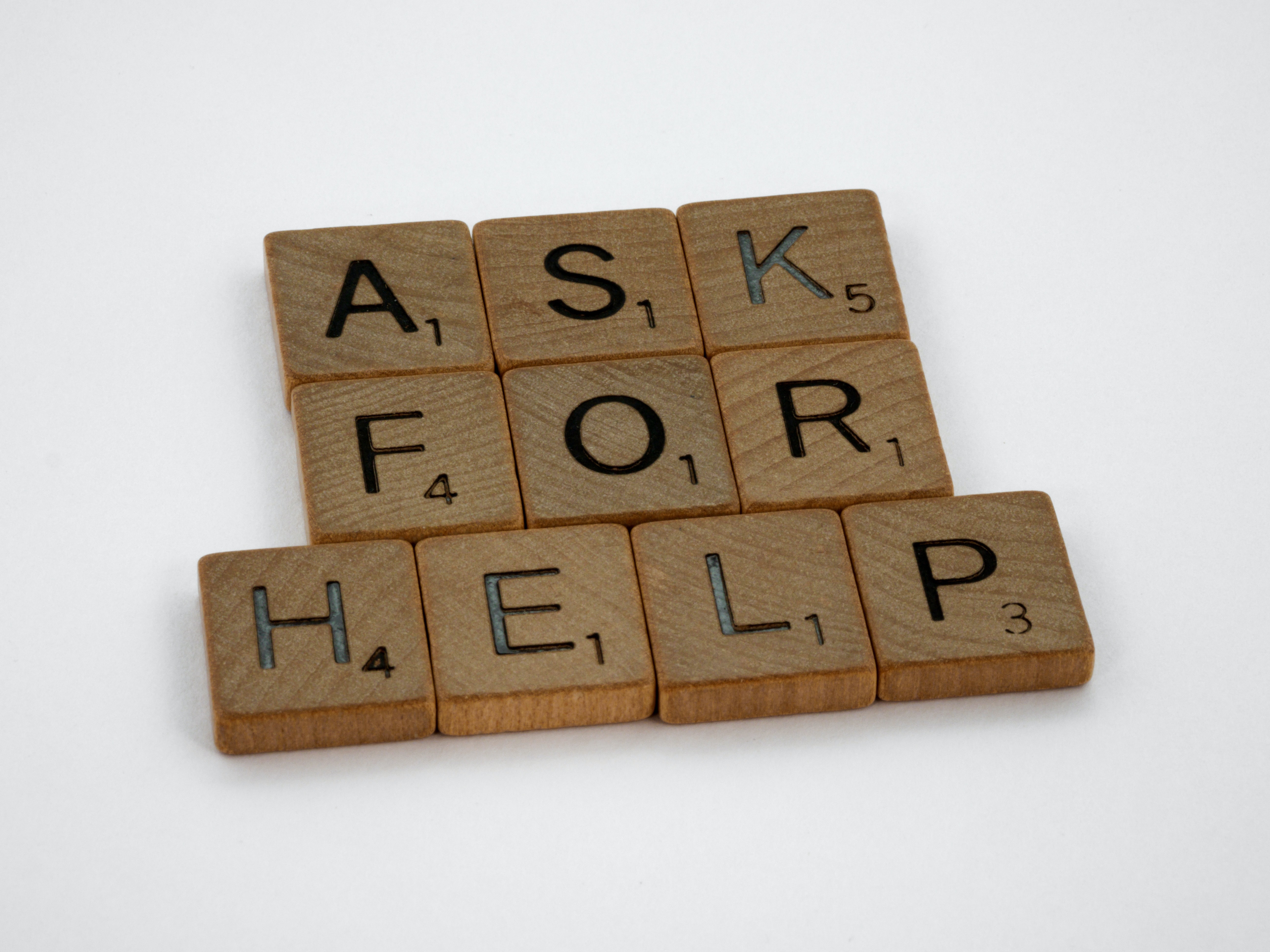
I‘m currently reading Michelle Obama’s book Becoming. It’s taken me several attempts to get into it but now that I’m at the point where she’s finished her studies, entered the world of work and has met Barack – I’m loving it. And I’m pleased to discover that during Michelle’s pre-politics life she went through a major career change. We learn how she felt about it and how she went about making it happen.
She starts off her working life as a hot-shot lawyer, flourishing and doing really well. But over time she begins to wonder if it’s really right for her. She realises that community work might be more her thing.
“I was feeling another twinge, a quiet nudge toward what might be a whole different future from the one I’d planned for.” – Michelle Obama, Becoming
It’s amazing to see that someone like Michelle Obama might have gone through the same issues with career and identity that I and many, many others have done too. That feeling that the path you’ve chosen isn’t actually quite right for you. Wanting to do work that feels more you. In her case, work that would directly help people rather than working in some far away office doing work for work’s sake.
She talks about how she went about finding her next career. It’s solid career change advice; rather than seeking out the next job immediately, she tries to broaden her view of what is out there. She puts herself in front of people who might be able to help her, talking to them, taking advice, gathering information:
“The point was less to find a job than to widen my understanding of what was possible and how others had gone about it. I was realizing that the next phase of my journey would not simply unfold on its own, that my fancy academic degrees weren’t going to automatically lead me to fulfilling work.” – Michelle Obama, Becoming
She spoke to people who were out there doing interesting things and enjoying their work. She asked about opportunities, asked what a lawyer could do if they didn’t want to continue with legal work. Eventually, through meeting with acquaintances and seeking and learning from them, she is offered and accepts a job at Chicago city hall, as assistant to the mayor.
You can take career transition inspiration from anywhere. Knowing that someone else has been through a similar situation to you is comforting and can be motivating. It’s not just you. It’s not because there’s something wrong with you or that you just aren’t cut out to work. You just haven’t found the right thing yet.
Things change, your values change, your situation changes. And so your work needs to change.
Take inspiration from Michelle O – start talking to people, find out what they do, who they know, ask questions. You never know where it might lead you.
If you’d like help with career change coaching, you can book a 1-hour session here: calendly.com/joannaopokulifecoaching. Or get in touch if you’d like to learn more. Find me on LinkedIn or email at joaopoku@gmail.com.
Photo by Nicola Styles on Unsplash




